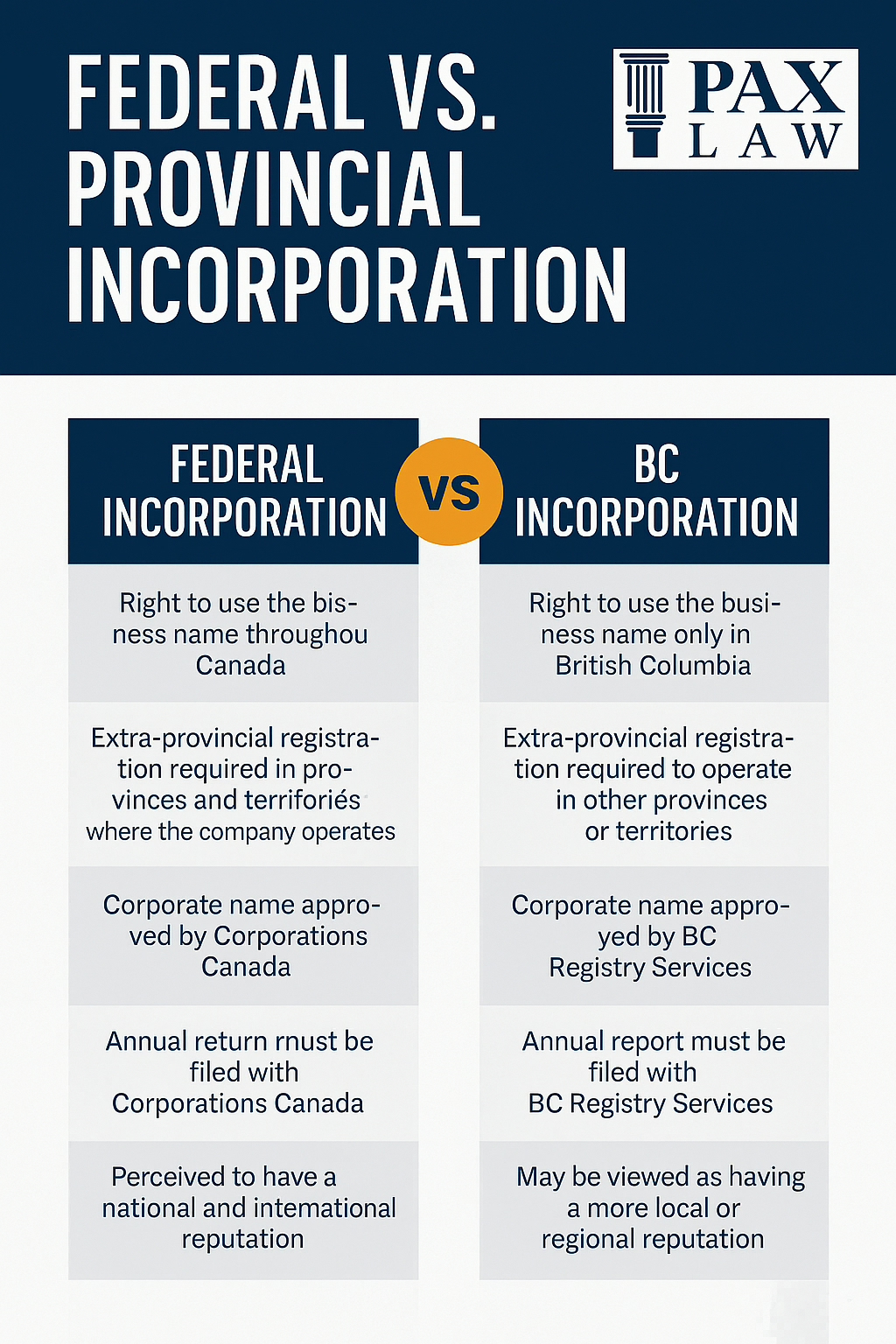Navigating the BC Partnership Act: A Guide to Protecting Your Business Relationships Navigating Partnership Disputes & Dissolution in BC
When you enter a business partnership, you’re joining forces with others to achieve shared success. While partnerships can be a dynamic and rewarding business structure, they also come with potential risks, especially if disagreements arise. Whether you’re starting a new venture or already deep into one, understanding the BC Partnership Act is essential for protecting your rights, minimizing conflict, and ensuring smooth operations.
Table of contents
What Is a Partnership?

At its core, a partnership is an agreement between two or more individuals or entities to operate a business with the goal of making a profit. Unlike corporations, which offer limited liability to their owners, partners in a general partnership share both the profits and the liabilities of the business. This means each partner is responsible not only for their own actions but also for the actions of their fellow partners.
In BC, the Partnership Act governs these relationships and provides the legal framework that partners must follow. The Act distinguishes between two types of partnerships:
- Limited Partnerships – At least one partner manages the business and holds full liability, while others contribute financially and have limited liability.
- General Partnerships – All partners share equally in the management of the business and are jointly liable for its debts.
Key Provisions of the BC Partnership Act
1. Formation of a Partnership
It’s easier to form a partnership than you might think. You don’t need to file formal documents to establish a general partnership in BC—simply engaging in business with another person for profit creates one. However, it’s crucial to have a written partnership agreement to outline each partner’s responsibilities, profit-sharing arrangements, and decision-making powers. In the absence of such an agreement, the BC Partnership Act steps in with default rules that may not suit your needs.
2. Partners’ Rights and Responsibilities
In a general partnership, each partner has an equal say in running the business and is entitled to share profits equally—unless your partnership agreement states otherwise. But with these rights come significant responsibilities. Every partner is jointly liable for the partnership’s debts and obligations. This means that if one partner incurs debt on behalf of the business or engages in wrongdoing, all partners are responsible for that liability.
Pro Tip: Having a clear and comprehensive partnership agreement in place can help prevent disputes and clarify how profits, losses, and decision-making responsibilities will be handled.
3. Limited Liability Partnerships
Not all partners want the same level of involvement in the day-to-day running of the business. For those who prefer to invest financially without managing the business, a limited partnership offers a solution. Limited partners’ liability is restricted to their investment in the business. However, if a limited partner becomes too involved in management, they risk losing their limited liability status, so it’s important to maintain a clear boundary.
Dissolving a Partnership: What Happens When Things Go South?
Unfortunately, not all partnerships last forever. Disagreements, financial troubles, or personal issues may make it necessary to dissolve the business. Dissolving a partnership involves more than simply shutting down operations—it requires a careful, legal process to avoid future disputes.
Here’s what you need to know about dissolving a partnership under the BC Partnership Act:
- Review the Partnership Agreement: Most agreements will specify how and when a partnership can be dissolved. If yours doesn’t, the BC Partnership Act offers default rules, including dissolution due to a partner’s death, bankruptcy, or if partners can no longer work together effectively.
- Settling Debts and Liabilities: When a partnership dissolves, the partners must first settle the business’s debts. Only after liabilities are paid can the remaining assets be distributed among the partners.
- Winding Up: The process of winding up involves ceasing operations, liquidating assets, and paying off creditors. This process should be carried out with transparency and open communication to avoid legal issues down the road.
Important Note: If you’re in a limited partnership, general partners will be responsible for settling the debts, while limited partners are only liable up to the amount they’ve invested.
Dispute Resolution: Keeping the Peace
No one likes conflict, but business disputes are sometimes unavoidable. If a disagreement arises that cannot be resolved internally, the BC Partnership Act provides several avenues for resolution:
- Litigation: In cases where disputes can’t be resolved amicably, partners may need to take legal action, leading to potential court-ordered dissolution or other remedies.
- Negotiation: The first step should always be open communication between partners to try and find a solution.
- Mediation or Arbitration: If partners can’t come to an agreement, alternative dispute resolution methods like mediation or arbitration can offer a more efficient and less adversarial option than going to court.
Final Thoughts: Protecting Your Partnership
The BC Partnership Act is designed to safeguard the interests of all partners, but it’s not a substitute for a well-drafted partnership agreement. A partnership agreement tailored to your specific business can address issues like profit-sharing, decision-making, dispute resolution, and dissolution in ways that best suit your unique needs.
By understanding the key provisions of the BC Partnership Act and proactively planning for potential challenges, you can protect your business and ensure that you and your partners are on the same page—no matter what comes your way.
Are you facing a partnership dispute or considering forming a partnership in BC? Contact our legal team for expert guidance and customized solutions to help you navigate the complexities of partnership law.
Please visit our appointment booking page to make an appointment with one of our lawyers or consultants; alternatively, you can call our offices at +1 604 767 9529.
Important: Please note that the information here is not meant to be legal advice. Do not solely rely on the information given here; it is important that you consult with a lawyer regarding any legal advice. Pax Law Corp. is not responsible for any reliance on the contents of this blog post. Any faces posted on this blog post is totally AI generated and they are not intended to represent any person in the real world. Any similarities are completely coincidental.


0 Comments